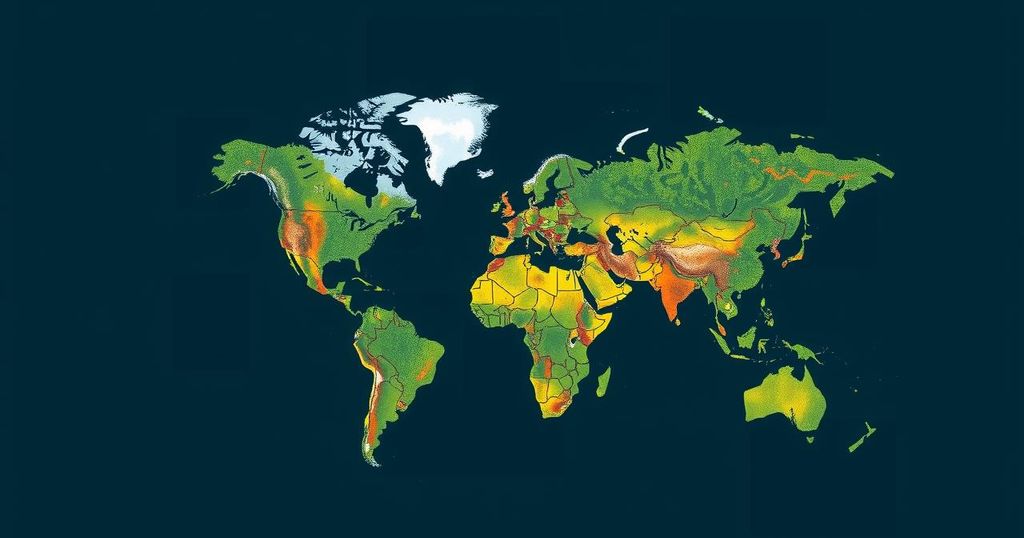John Podesta’s comments at a UN summit highlight concerns over Donald Trump’s plans to reverse climate progress, reaffirming his commitment to abandon the Paris Agreement. Such shifts may evoke ideological clashes over climate and economic interests, reflecting a potential regression to outdated policies reminiscent of the past.
The recent statement made by John Podesta, America’s climate tsar, at a UN climate summit in Azerbaijan, underscored prevailing concerns regarding the trajectory of U.S. climate policy under the next administration. Podesta indicated that there is a significant likelihood that the incoming leadership, notably under Donald Trump, may seek to reverse substantial progress attained thus far. Trump has reiterated his commitment to remove the United States from the Paris Agreement once again, reflecting a broader desire among his advisors to implement policy changes within three specific domains. This potential reversal raises alarms not only among environmental advocates but also among international officials committed to combating climate change. Trump’s administration is poised to reflect a shift reminiscent of earlier industrial phases, potentially regressing towards policies reminiscent of the 1850s. This suggestion of a rollback in climate relevance coincides with a notable trend in the electoral influence of immigrant voters, whose preferences may have swayed the election towards a candidate focusing on nativism. Moreover, the next administration’s personnel selections suggest an inclination towards loyalty and disruption, characterizing the expected governance style. In the context of a significant political transition, the apprehensions expressed by key figures in climate advocacy highlight the precariousness of the progress achieved over recent years. The unfolding narrative of the next administration promises substantial ideological clashes, particularly in socio-political realms where climate policy intersects with economic interests and public accountability. The potential impact of these shifts necessitates vigilant observation and proactive engagement from all stakeholders involved in the climate agenda.
The backdrop of this discourse involves the ongoing struggles surrounding U.S. climate policy amidst changing political leadership. With the possibility of Donald Trump returning to a position of authority, concerns arise regarding the future of international climate agreements, particularly the Paris Agreement. Historically, Trump’s positions have advocated for deregulation and diminished governmental involvement in climate affairs. Amidst a global push towards sustainability, the implications of a U-turn in policy under the forthcoming administration present significant challenges to climate advocates and international partnerships.
In summary, the potential reversal of climate policies under the upcoming administration led by Donald Trump represents a formidable challenge to the progressive strides made in environmental governance. This shift may rekindle debates on sustainable practices, provoke intense political discourse, and galvanize public action towards safeguarding climate initiatives. Observers and advocates must remain proactive in encouraging dialog and resistance against potential regressions in climate policy, thus ensuring continued commitment to combating climate change. Trump’s presidency may further emphasize loyalty and disruption as key traits, signalling a need for stakeholders to strategically engage with evolving policy narratives.
Original Source: www.economist.com






